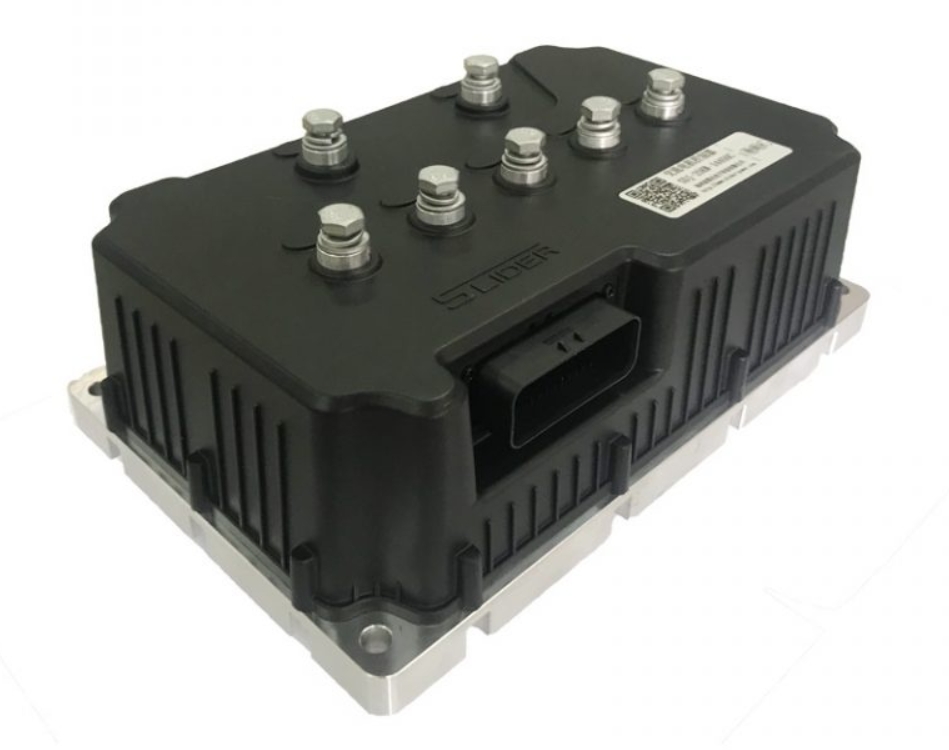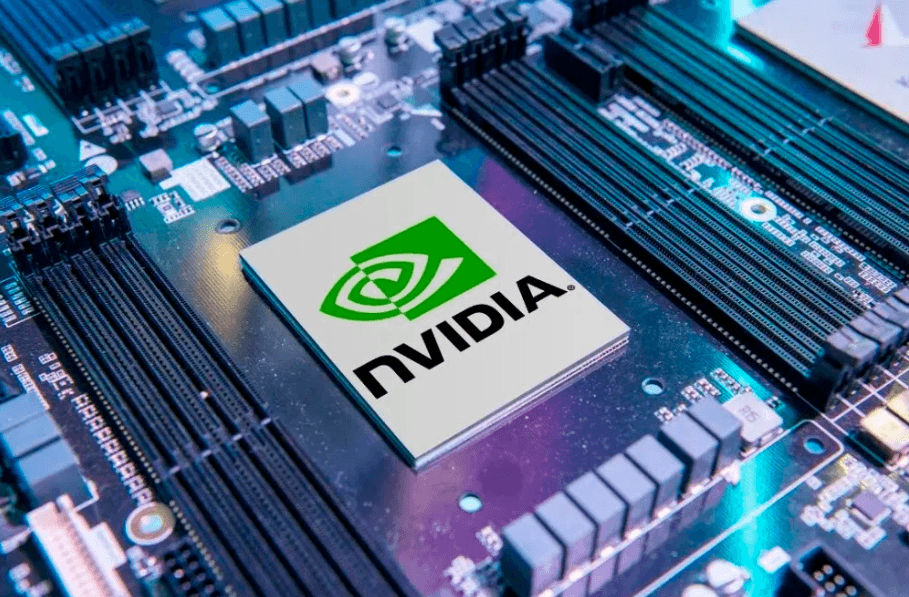U.S. plans to issue new rules next month to expand restrictions on semiconductor exports to China
On the 12th, Reuters quoted people familiar with the matter as saying that the Biden administration plans to expand restrictions on the export of artificial intelligence chips and chip-making equipment by American companies to China next month.

The Commerce Department intends to issue new as-yet-undisclosed rules based on restrictions communicated in letters to three U.S. companies earlier this year, namely KLA, Lam Research Research) and Applied Materials, which have confirmed receipt of notices prohibiting them from exporting advanced semiconductor manufacturing equipment below 14 nanometers to Chinese manufacturers without permission from the U.S. Department of Commerce.
Last month, the U.S. Commerce Department sent letters to Nvidia and AMD asking them to stop exporting several top computer chips used in artificial intelligence to China if they didn’t get permission. According to the report, the above regulations will also be formed into restrictive regulations. The rules could include additional actions against China, the sources said, and the restrictions could also be changed to make the new rules released later than expected.
Reuters said "is informed" letters, which would allow the Commerce Department to bypass a lengthy rule-writing process and quickly implement controls, were only available to companies that received them. Transforming the content of the "notification letter" into specific regulations will expand the scope of control and may limit other U.S. companies that produce similar technologies.
A Commerce Department spokesman declined to comment on future actions, but stressed: "As a 'general rule,' it is expected that any restrictions in the 'Notice Letter' will be incorporated into law as regulations change." The person also claimed that the U.S. Department of Commerce is "taking comprehensive measures" and "implementing additional actions" to protect U.S. national security and foreign policy interests, including preventing China from gaining access to U.S. technology for military modernization
The source also said the Commerce Department's new rules could also impose licensing requirements on exports to China of products containing "target chips," such as data center servers made by Dell, Hewlett-Packard and SMCI. It includes Nvidia's high-performance artificial intelligence chip A100. Dell and HP said they were monitoring the situation, while Supermicro did not respond to requests for comment.
The Biden administration has successively issued measures this year restricting the export of advanced process chips and their production equipment to China. In addition to Biden's signing of the "2022 Chip and Technology Act" on August 9, on September 1, NVIDIA and AMD Semiconductor revealed that their respective headquarters had received notices one after another, requesting that Chinese and Russian customers cut off the supply of high-end GPUs (mainly Nvidia's A100, H100 and AMD's MI 100, Ml 200). Nvidia said in a statement that until September 1, 2023, order fulfillment and logistics for the A100 and H100 will be carried out through Nvidia’s facilities in Hong Kong, China. However, the statement did not mention whether any Chinese companies were licensed or exempted.
The application fields of these four chips are mainly in: first, HPC high-performance computing, mainly in the field of scientific research and development; second, artificial intelligence scenarios, especially the training link that requires relatively high computing power. The real intention of the restrictions may be to control the large-scale commercial use of high-end GPUs in China's commercial field, and the wide-scale application innovation based on this. The possible adverse effects are still in the fields of large-scale experiments and AI-related commercial applications, such as large-scale AI training, automatic driving machine learning, large-scale image and video processing, etc., and will not affect terminal consumer electronics for the time being.
On September 6, U.S. Secretary of Commerce Raimondo held a press conference to introduce the details of the "Chip Act" and announced a $50 billion appropriation plan. She revealed the government is aiming to start accepting applications for funding from businesses no later than early February 2022, with funds likely to be released in the spring. She also said that U.S. companies that receive government funding cannot build "frontier or advanced technological facilities" in China for at least ten years, otherwise the U.S. government will take the money back.
Xiang Ligang, a senior observer of the communications industry, said in an interview with the Global Times on the 12th that in the short term, the US restrictive policy will interfere with China's establishment of chip production lines of 14nm and below, causing delays in the purchase of related chip production equipment by Chinese companies. You can't even buy it, which will have a real impact on China. However, it is precisely because of the suppression of the United States that the Chinese chip industry is also committed to establishing production capacity based on independent scientific research technology. High-end GPUs (graphics processing units) are prohibited from being exported to China, which will have a certain impact on China's artificial intelligence and high-performance computing in the short term. However, there are currently about 20 companies in China that are engaged in GPU design and research and development. From this perspective, U.S. restrictions on exports also mean that U.S. companies cede these markets to fast-growing Chinese companies.
Regarding the US's continued suppression of China in the field of semiconductors, Chinese Foreign Ministry spokesman Wang Wenbin previously stated that the so-called "protective measures" of the US "Chip Act" have a strong geopolitical color and are another example of the US's economic coercion. How the United States develops itself is up to the United States, but it should comply with the relevant WTO rules and the principles of openness, transparency, and non-discrimination, which is conducive to maintaining the security and stability of the global industrial chain and supply chain. No obstacles should be set up for the normal economic, trade and scientific and technological exchanges and cooperation between China and the United States, and China's legitimate development rights and interests should not be undermined. Sino-US economic, trade and scientific and technological cooperation is conducive to the common interests of both sides and the common progress of mankind. Restrictions and decoupling will only harm others. Wang Wenbin emphasized that China insists on putting the development of the country and the nation on the basis of its own strength, and any restrictions and suppression cannot stop the pace of China's scientific and technological development and industrial progress.





























 XINDA
XINDA